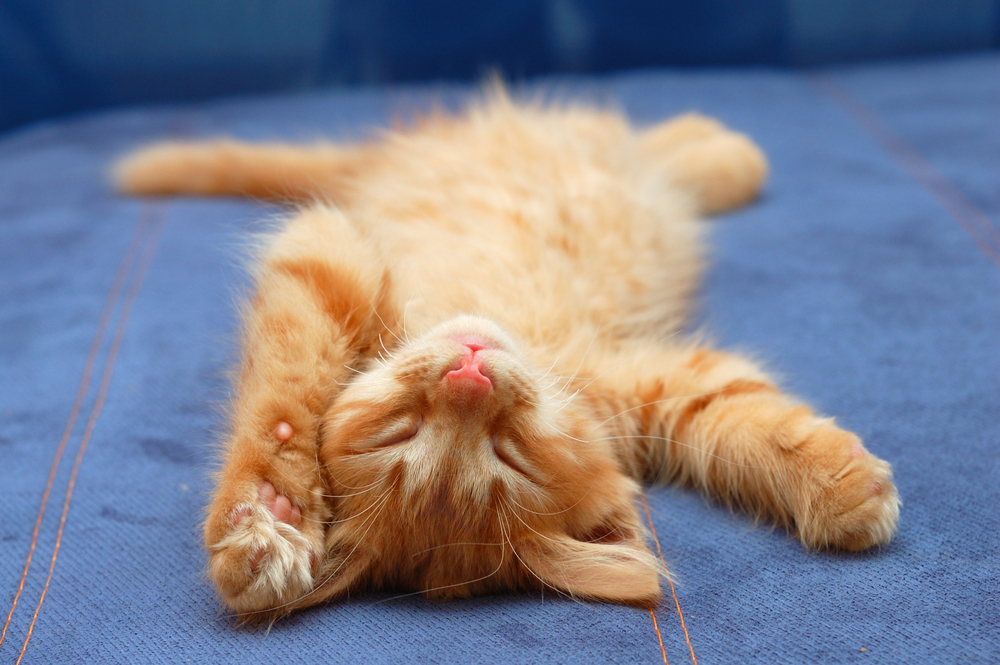
Your kitten may prefer dining on chicken and salmon, but a high-protein diet may not be the best option for Fluffykins, at least if gut bacteria are any indication. Kittens fed a high-protein, low-carb diet have lower levels of helpful gut bacteria than those fed a more balanced ratio of nutrients, according to a new study.
Many new cat foods claim they are tailored to the feline's carnivorous nature.
"There are a lot of diets now, all natural, that have high protein and fat and not much dietary fiber or carbohydrates," said study co-author and University of Illinois researcher Kelly Swanson in a press release.
But it isn't clear that high-protein diets are actually good for cats.
To see how diet affects intestinal bacteria, the team assigned eight cats to eat either a high-protein, low-carbohydrate kibble or a balanced alternative with moderate amounts of protein and carbohydrates. After mating the cats, the scientists reared the kittens and fed them the same diet as their moms.
The kittens were allowed to play with each other in a common area with scratching posts and toys.
"It became quite a party right away," said Swanson in a press release. "It was a bit chaotic but fun as well."
Get the world’s most fascinating discoveries delivered straight to your inbox.
At weaning, and at four and eight weeks after weaning, the team tested the bacterial DNA in 12 of the kittens' feces.
The kittens fed a high-protein diet had higher levels of bacteria that break down proteins, while cats fed the more balanced food had more carbohydrate-processing bacteria.
Surprisingly, kittens eating the higher-carb kibble had more of the beneficial gut bacteria bifidobacterium. Low levels of bifidobacteria have been linked to irritable bowel syndrome in humans. Compared with the other groups of kitties, the high carb-eating kittens also had higher levels of lactobacillus, beneficial bacteria that may play a role in cholesterol and appetite regulation.
The microbes found in the kittens' intestines weren't much different from those in the human gut, suggesting that specific diets may have similar effects across species.
"If you feed the bacteria in a cat, dog, or human colon the same substrate, there are probably going to be similar outcomes," Swanson said in the release.
The findings were published online in the British Journal of Nutrition.
Follow LiveScience on Twitter @livescience. We're also on Facebook & Google+.

Tia is the editor-in-chief (premium) and was formerly managing editor and senior writer for Live Science. Her work has appeared in Scientific American, Wired.com, Science News and other outlets. She holds a master's degree in bioengineering from the University of Washington, a graduate certificate in science writing from UC Santa Cruz and a bachelor's degree in mechanical engineering from the University of Texas at Austin. Tia was part of a team at the Milwaukee Journal Sentinel that published the Empty Cradles series on preterm births, which won multiple awards, including the 2012 Casey Medal for Meritorious Journalism.


